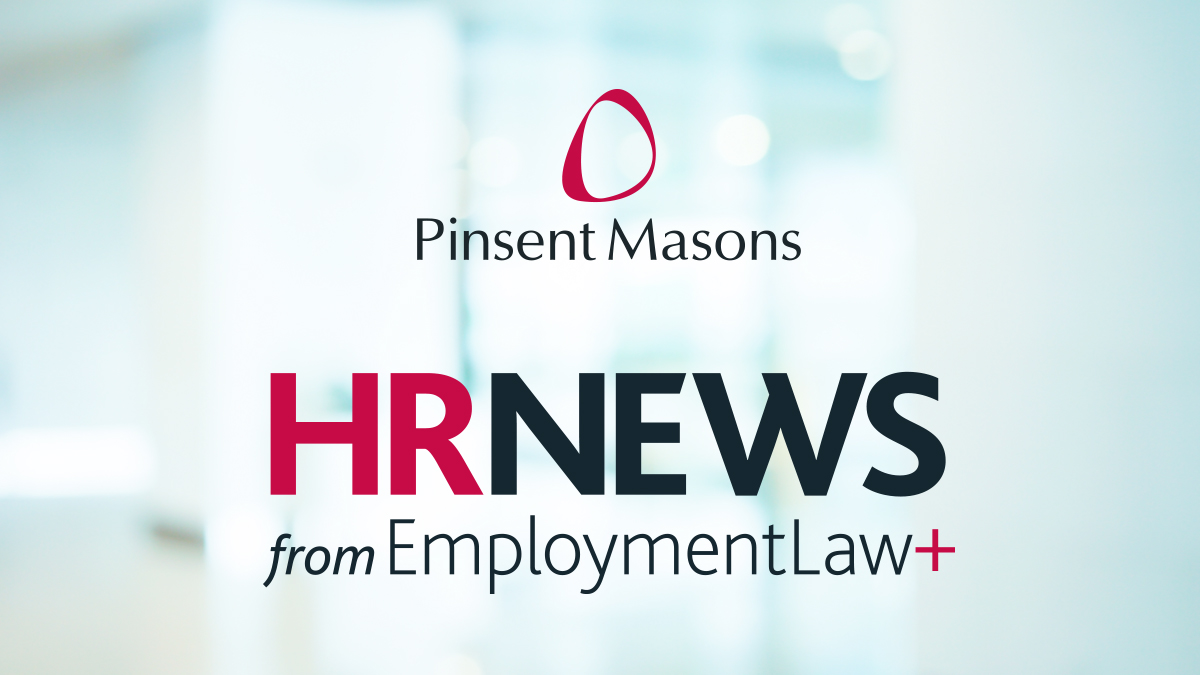The clock is ticking for companies with employee share plans to meet their annual filing obligations. HMRC’s deadline for share scheme returns is 6 July, and this applies not just to formal tax-advantaged schemes like EMI and SAYE, but also to other share arrangements such as growth shares and management incentive plans. It’s a key compliance deadline, with potentially significant penalties for late or incomplete filings. So what exactly needs to be reported and what’s the best way for HR teams to prepare? We’ll ask a share plans expert.
If your company has issued or varied any employee shares, share options, or loan notes during the 2024/25 tax year, a return is likely to be needed, even if the transaction was a one-off. Events like the exercise of options, the cancellation of rights, or the lifting of restrictions on shares are all caught. These obligations apply to executive and non-executive directors as well as employees, so it’s easy for something to be missed.
What’s often overlooked is the lead-in time: before any return can be filed, companies must register their share plans with HMRC online. That process generates a Unique Reference Number, or URN, which is essential for submitting the return. It can take several days to obtain, so if registration hasn’t been done yet, it needs to be prioritised.
Although employers are responsible for filing the return themselves – so it’s not something we can do for clients – nonetheless we are currently supporting a number of clients, helping them to understand what needs reporting, reviewing data for accuracy, and guiding them through the relevant templates.
So let’s hear more on that. Earlier I caught up with share plans specialist Lynette Jacobs who joined me by video link from Manchester to discuss it. So, what are the share-related events that trigger a filing with the Revenue?
Lynette Jacobs: “Many in fact. So certainly, if your company operates any of the traditional share option plans, that could be the old employee tax advantaged SAYE - Sharesave, or SIP - Share Incentive Plan or a company share option plan, a CSOP. It can also be for smaller companies with Enterprise Management Incentive options, EMI options, and, equally, for companies that are operating any form of share acquisitions by their employees. So that could be a growth share or a so-called MIPs, management incentive plans.”
Joe Glavina: “That’s a long list. Are any of those commonly missed by employers?”
Lynette Jacobs: “We'd like to hope that they're not, but I think that they are. Sometimes when clients approach us because they have missed it. Equally, by virtue of the fact that HMRC will allow you to do registrations, and do late returns, for up to 6 years prior to the relevant tax year. So I think clearly they are, in some instances.”
Joe Glavina: “Some companies may not yet have registered their plans yet online so I guess the message to them is you need to look at this now. No time to waste?”
Lynette Jacobs: “There is still time. What you need to do before you can make any annual filing is to first file, register, the relevant plan with HMRC. You do this via the Employment-Related Securities section of HMRC’s PAYE online services portal, which sounds complicated but isn't that hard to find. Most companies will have a PAYE filing already, and a reference, and people within the company will know how to find that. You go on to that, you look for the relevant section and then it is set out in a reasonably orderly way and you go through the steps. You have to do the initial registration so that you can get a reference number, unique reference number, for the relevant plan and it's only when you have that available to you that you can begin your annual filing. And just to say, there are specific standalone reference numbers and sections for each of the tax-advantaged share plans. So that's for CSOP, the company share option plan, SAYE, and SIP and also for EMI options. In the case of a non-tax-advantaged plan, there is the other Employment-Related Securities form of registration and for that kind of plan you can either have one generic one for the company for all of its different types of non-tax advantaged plans, or some companies prefer to have standalone ones for each type of non-tax advantaged arrangement. Each can have its advantages and disadvantages. If you only have one, then there's one filing to be made per year and under that filing you register any types of events that have happened and are notifiable in relation to all of your non tax around tax advantage arrangements. Alternatively, some companies prefer to have them separately kept and do individual annual returns each year.”
Joe Glavina: “Moving on to what employers need to be doing before 6 July and how your share plans team adds value because, as I understand it, it’s the client’s job to do the filing. Your team can't jump in there and do it for them.”
Lynette Jacobs: “Correct, yes. So again, as I just said, the important thing is to get it done and also it's important for the tax advantage, so for your CSOP, your SAYE and your SIP. If you have to set up the registration and make your first filing for the annual return by 6 July following the end of the tax year in which awards are first made under that plan. If you don't do that, those awards will not be tax advantaged and that will obviously be a great disappointment both the company and to the participants. Equally, for the EMI options, as well as doing the annual return you have to notify the grant of any particular EMI option again by 6 July following the end of the tax year in which it occurs. So yes, as you correctly said, only the company itself can set up the registration. You can't have any form of agent, tax agent to do that for you. Insofar as the annual returns are concerned, a company can authorise a tax agent to do the returns for them. We typically don't do the returns for clients, it’ll be more like accountancy practices or companies that specifically do those form of returns, but where we add value, we can help you and your company, is we will remind you that you need to do it in time and also companies will come to us to discuss the information that they're planning on putting in because when you come to do the return, you click on start on the relevant page on the portal, and then there are spreadsheets that need to be filled in, and they ask for different types of information depending on whether it's to do with the grant of an option, the excise of an option, variations that have been made that may need to be reported to HMRC, and all of that, and we can help the company to make sure that it's completing information correctly. HMRC also helpfully has a checking service on its portal so companies can check that the templates that HMRC gives them to use, or they can also self-build templates, will work so you don't have that awful feeling when you submit it late on 6 July and find out this doesn't work. But yes, we can help to make sure a company isn't leaving out information that it should be supplying to HMRC.”
Joe Glavina: “Final question again, which is about HR role in all of this. Obviously, you work with clients on this every year around this time so who, on the client’s side, would typically undertake the work you’ve been talking about?”
Lynette Jacobs: “It would typically be done by payroll or finance within a company, but HR will be involved quite often in reminding finance, or payroll, within your company that it needs to be done. HR may also very well have the information about the awards. So to give a nod to finance or payroll in your company that awards have been made under this relevant plan, or some have lapsed or been surrendered, or other notifiable events that have gone on. HR may also very well be the team that has the connection with the administrator of the relevant share plan. So particularly in the case of all employee SAYE share save, or SIP share incentive plan arrangements, typically the administrator will provide the bulk of the information that's required to be uploaded onto HMRC’s portal and, HR, will often be the team within the company, the group within the company, that has that link and therefore will obtain the information from the administrator and can pass it on to payroll, or finance teams, so that they have that information in good time to make sure it's uploaded in time and therefore avoid the potential penalties and fines that can occur if it's not registered in time, filed on time.”
To help clients with this the share plans team has prepared a detailed guide on this which sets out the employers’ responsibilities and what the Revenue expects and by when. That’s ‘UK employee share plans – the online filing regime’ and is available now from the Out-Law website.
- Link to Out-Law guide: ‘UK employee share plans – the online filing regime’
Lynette Jacobs tells HRNews about UK companies’ annual employee share plan reporting obligations for the 2024/25 tax year.

-
Transcript
Latest News
Editor's Pick
Out-Law News
22 May 2025


